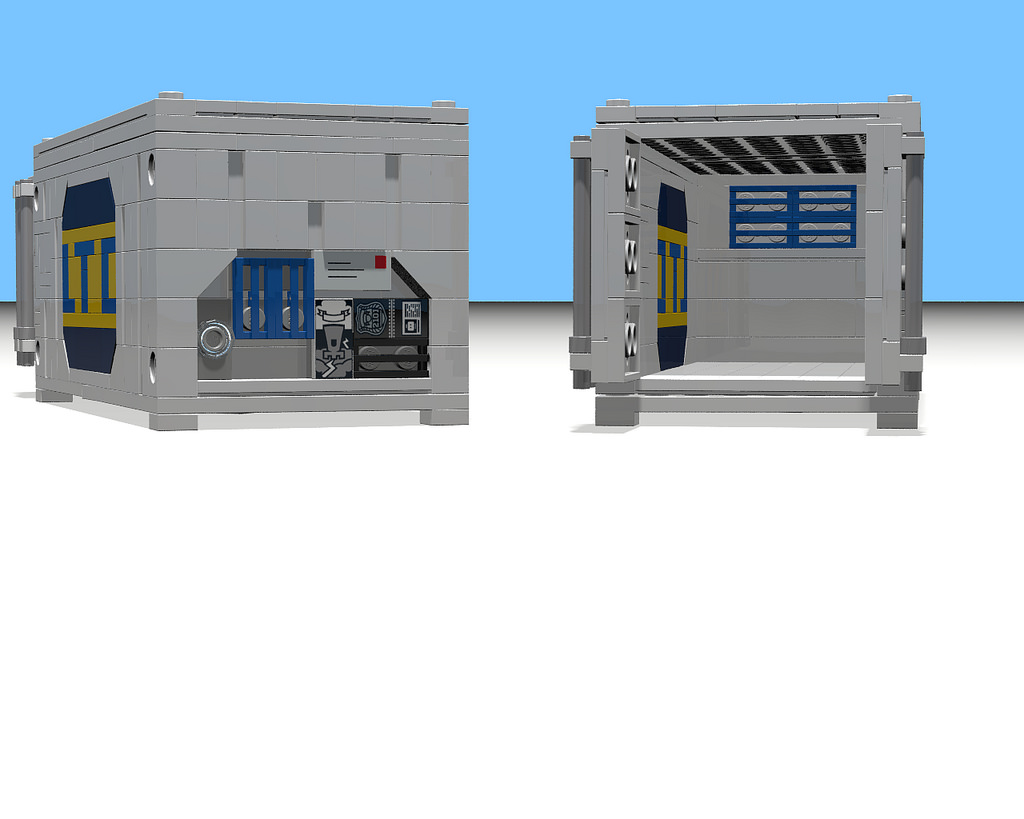 How to differentiate General Cargo Dry Containers and Refrigerated or Reefer Containers?
How to differentiate General Cargo Dry Containers and Refrigerated or Reefer Containers?
The major difference between normal dry containers and reefer containers is that the temperature conditions controlling system is available in reefer containers.
General cargo containers are very useful when used in transportation of consumer goods that do not require special conditions.
You can use a 20ft dry container when transporting textiles from China to USA, 40ft dry container when transporting automobile spare parts from Japan to Holland or 45ft pallet wide dry container when transporting mobile phones from Tawian to UK.
But some goods require special conditions.
For example you can not carry fresh fruits with a general cargo containers from Brazil to European Union countries.
The average transport time between a port of loading in Brazil to Port of discharge in Europe is 25-35 days.
If you ship fresh fruits with a general cargo containers from Brazil to Europe, the cargo turns into trash and lost its economical value during the transportation.
As a result you have to ship perishable goods via refrigerated or reefer containers.
What kind of goods should be shipped with reefer containers?
- Fresh vegetables and fruits: Lychees, grapes, grapefruits, mango, avocados, bananas, kiwi, apples, stone fruits etc.
- Frozen Vegetables and fruits: IQF frozen vegetables and fruits such as IQF ocras, IQF artichokes, IQF spinach, IQF green peas, IQF Strawberry, IQF Figs, IQF Apricots etc.
- Fresh fish: Fresh seabass, fresh sea bream, fresh sea trout, fresh pangasius, frozen sea food etc.
- Frozen Fish: IQF seabass, IQF sea bream, IQF sea trout, IQF pangasius, IQF frozen sea food etc.
- Other Foodstuff: Chilled and frozen meat, milk and dairy products, margarine, egg, juice and concentrate, chocolate, butter etc.
What are the key characteristics of a reefer container?
- They are designed to keep the temperature, humidity and atmosphere at a constant value during the transportation.
- Some of them can supply fresh air to the inner area during the carriage.
- All of their walls are supported with polyurethane foam which is also known as a “sandwich-panel” to provide maximum insulation.
- They are equipped with a compact-design compressor unit with air-cooled condenser, which can supply both cooling and heating interchangeably.
- Temperature can be set to + 35°C to –35°C.
